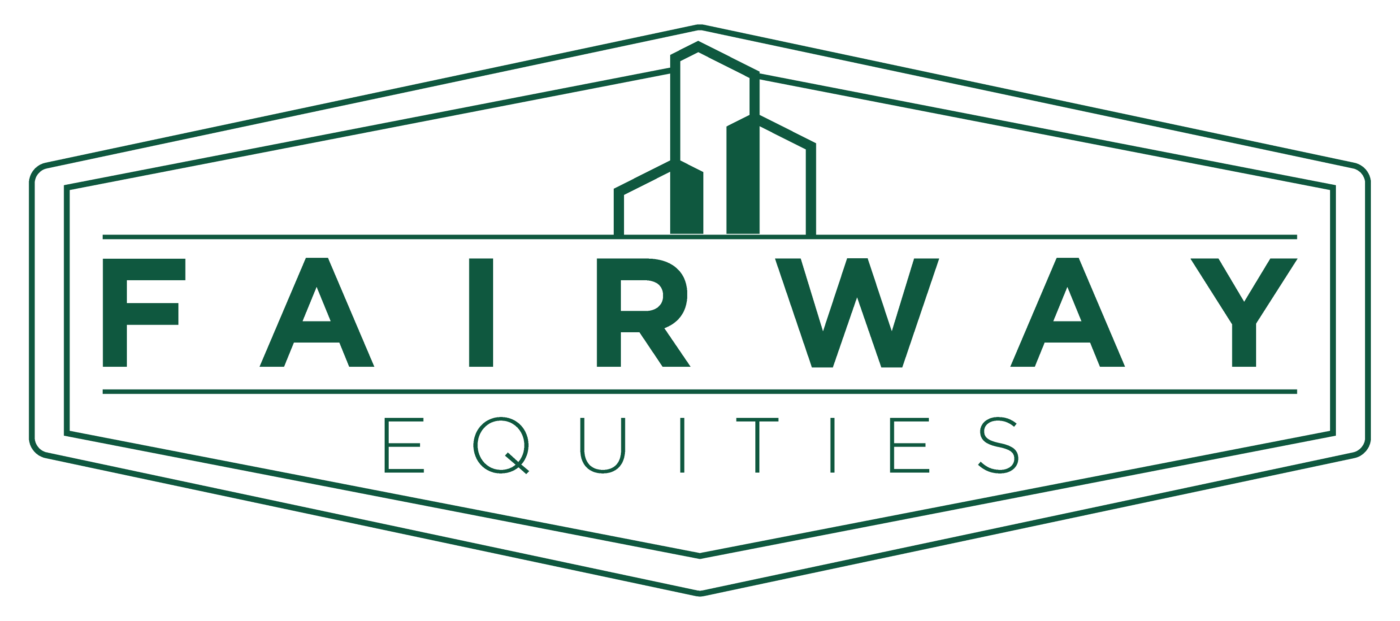Saver vs. Investor: Why Your Financial Future Depends on Knowing the Difference
Let’s face it— we’ve all been taught to set money aside and wait for decades before seeing any real benefits. That’s because “financial planning” has for decades been a game set up by institutions which operate by a completely different set of rules.
These institutions don’t need money to make money—they use your money. They don’t take risks for returns—they shift the risk onto you. And they certainly aren’t waiting for the long haul—they’re creating cash flow every step of the way.
Unfortunately, most of the middle class is stuck in this losing game. Maybe you have some home equity and a bit of money in a retirement plan, but is it enough to replace your income? Probably not. This automated, one-dimensional process involves:
- Locking away your money.
- Reinvesting that money and interest right back into the plan.
- Deferring tax.
- Ignoring the creation of cash flow.
- Getting hit with fees.
- Being bound by numerous restrictions.
- Relying heavily on volatile stock market investments.Reinvesting
Doesn’t sound exciting, does it?
The worst part…Retirement plans are essentially partnerships with the government and Wall Street. Can you really trust these partners?
The government can change the rules at any time, often by raising taxes. This means you could defer taxes now only to face higher rates in the future, especially with the massive national debt looming over us. And Wall Street? Well, enough said.
One of my mantras is to automatically save and deliberately invest. It’s risky and inaccurate to call automatic investing “savings.” When you put money into a 401(k), you’re investing it, not saving it. It’s locked away and speculative at best.
So, are you inviting wealth or are you regurgitating what Wall Street has indoctrinated in your mind?
What would it take to master your money? What would it take to change your story?
Change the story to the one where you are in the driver’s seat and the hero instead of at the whim of foolish stories marketed and fed to us by institutions.
The key to becoming an investor is to focus on cash flow. Think of it like this: a good financial plan should prioritize economic independence over retirement.
Here’s a fun checklist to help you shift your focus:
Cash Flow First: Prioritise creating cash flow over merely saving for retirement.
- Economic Independence: Aim for economic independence rather than traditional retirement.
- Active Investing: Be more active upfront in finding investments and discovering your Investor DNA, rather than blindly locking your money away in traditional plans.
- Acceleration Over Accumulation: Instead of slow accumulation, focus on accelerating your income. Maximize what you make and then grow your money efficiently.
Before you allocate another dollar to your retirement plan, ask yourself: What’s a good rate of return for you? Are you getting it? When would you like to see the benefits of your investments? Cash flow provides benefits along the way, letting you know if something needs adjustment and reducing the stress of chasing money to pay bills.
Budgeting alone won’t save you and setting money aside without a solid plan or understanding how it will benefit you is risky.
It’s time to choose: Are you an investor or a saver?
Invest in yourself. You have the power to create your financial future and legacy. With a little effort, you can break free from the limitations imposed by institutions and take control of your financial destiny.
It’s time to create your game, your plan, and your life. Don’t let retirement planning overshadow your present cash flow. Aim for economic independence, where your assets generate income, allowing you to live life on your terms.
Book a Call and let’s chat about your financial goals and to discover how Fairway Equities can help you invest smarter!

